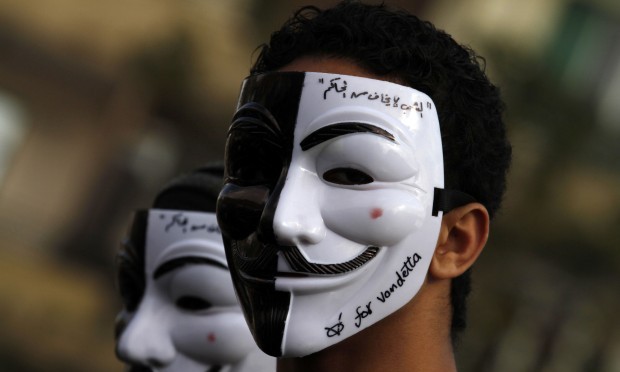Amid all the uncertainty and confusion that accompanies the social changes most Arab societies are currently experiencing, there is one clear fact that must be courageously acknowledged: Arab constitutions today are in need of fundamental revisions to bring them in line with international standards on human rights and personal freedoms.
It is important to highlight that there is a vast difference between fundamental revision and partial amendment. Fundamental revision requires us to be objective and engage in a process of real rebuilding, in accordance with new concepts that will create and impose a new social reality. Amendments can only have superficial effect.
The constitution is the highest legal document in society. It is the strongest legal reference and the authoritative source of all law. It acts as the broadest umbrella under which all other laws pertaining to all aspects of life fall. Even when political practices undergo a kind of deterioration during certain periods, a good constitution remains an obstacle in the face of anyone seeking social regression.
I believe that, for the most part, Arab constitutions have been founded on the marginalization of individual rights and personal freedoms. They are largely an expression of loyalty to the culture of community and the values of social institutions, with the rights of the individual remaining subordinate. Therefore from the beginning, the interests of the group have outweighed those of the individual.
Objectively, this collective approach to the concept of personal rights and freedoms varies from one Arab country to another, depending on the path of modernization in these countries. The modernization project, on the other hand, is inherently inclined to uphold the individual and to support personal freedoms.
It is clear today that the factors forcing Arab societies to carry out fundamental revision of their constitutions have become stronger and more prominent. The global culture today strongly supports human rights, to the extent that their observance can be used as a litmus test of the level of development and modernization in any given society. In other words, individual rights and basic freedoms are what communities today pride themselves on. On a practical level, this translates into the signing of as many human rights agreements as possible: the ones relating to non-discrimination on the basis of sex, religion and race, in addition to the adoption of the Universal Declaration of Human Rights as one of the constitutions’ sources of reference.
The discussion regarding human rights and personal freedoms and how these are incorporated into a constitution is more than just a formal or superficial political discussion. The time has come for Arab culture to be reconciled with the individual and to move away from the dominance of the group, whether in terms of society, authority or social institutions. Our individual freedom of choice, speech, expression and belief has a direct impact on our self-realization.
It is not an exaggeration to say that the rearrangement of our relationship with freedom, as a basic human value, represents the real revolution, and that has yet to take place in the countries of the Arab Spring. The Arab youth are still waiting for this, while they experience the lethal dualism whereby the only true freedom they experience is in the virtual world. Meanwhile, their real world is still lightyears away from personal freedom and the liberation of the individual.
Many of the Arab political, cultural and intellectual elite believe that real reform is more important than confused and confusing revolutions. Wisdom, righteousness and rationality lie in true reform, not revolution.
Most people believe that merely reviewing Arab constitutions, highlighting the concept of citizenship and human rights, is what is needed to rectify matters. But the more educated and interactive our societies become, the greater the threat of finding ourselves back at square one.
